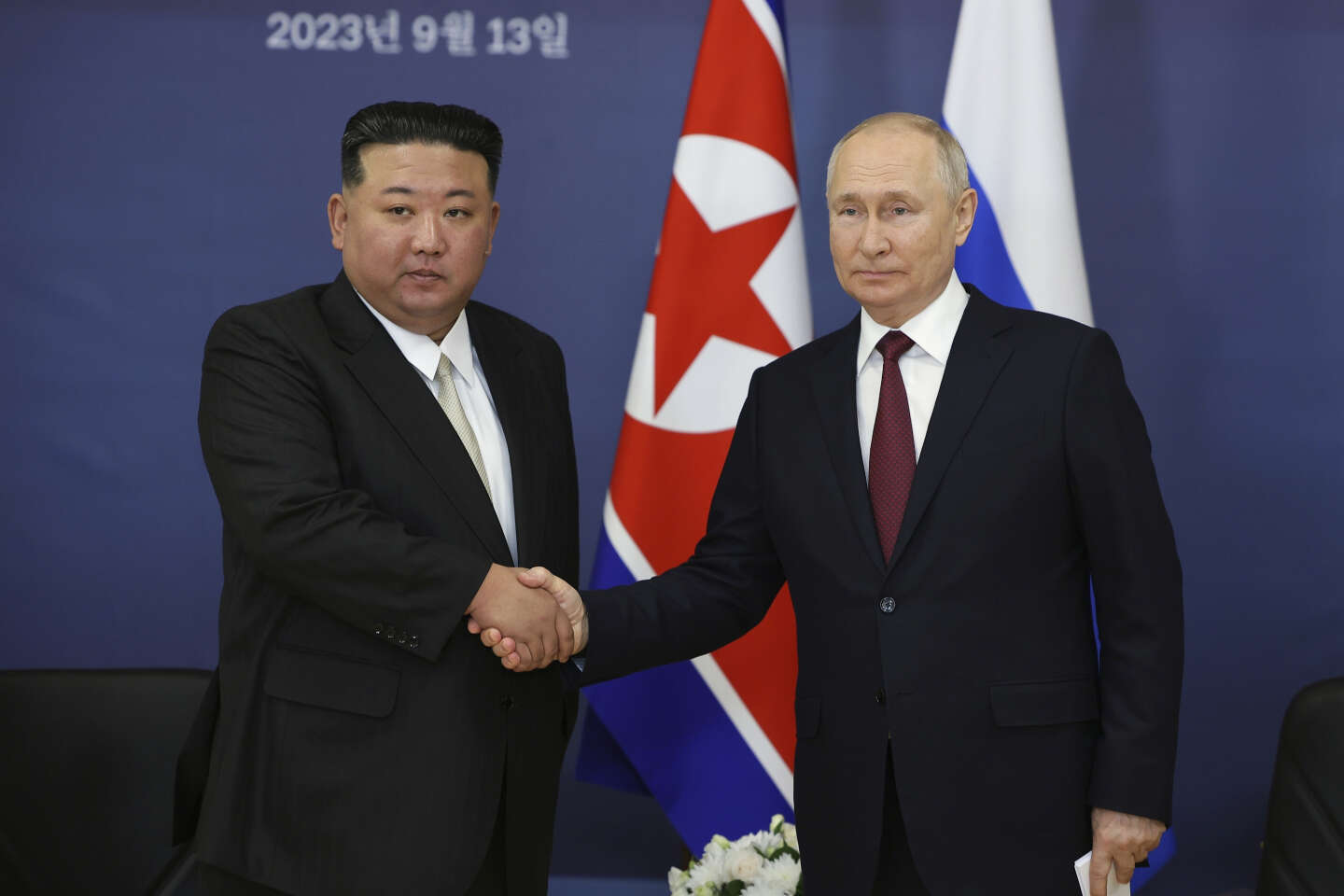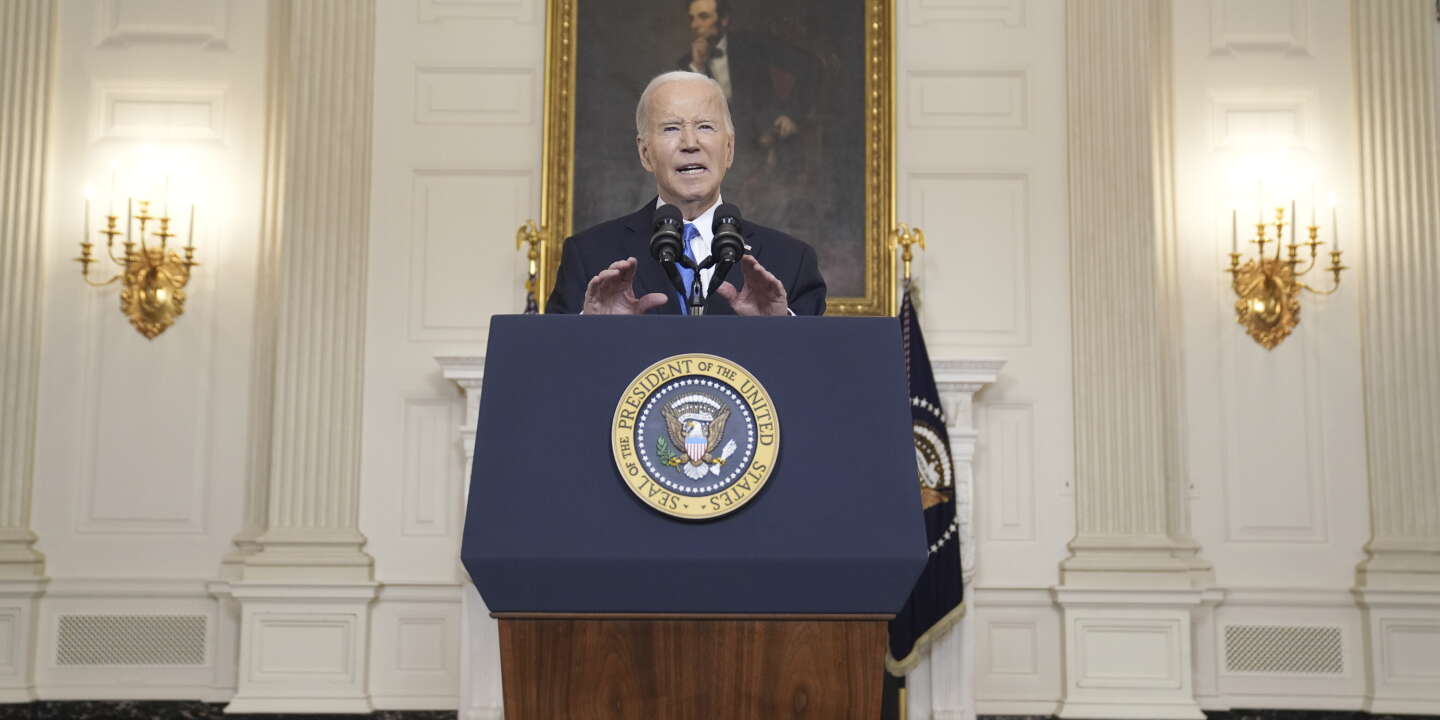A prosecutor investigating a hostage situation on a murdered TV set

Chaos and terror continue in Ecuador. The prosecutor in charge of investigating a live rampage of armed men on the set of a public television channel on January 9, briefly taking journalists and other employees hostage, was killed, the prosecution announced on Wednesday.
The live disturbance of heavily armed men, pinning journalists and TC channel employees to the ground under threat in Guayaquil, shocked a country facing a wave of violence fueled by drug-trafficking gangs. Police quickly intervened and arrested 13 attackers, with no casualties.
President Daniel Noboa declared the country in a state of “internal armed conflict” following the escape of Public Enemy No. 1, Choneros gang leader Adolfo Macias alias “Fito.”
Shot by car
During the hostage-taking, thirteen attackers were arrested, with no casualties, and their faces were released to the press a few days later. According to the prosecution, the slain prosecutor was in charge of determining which gang had carried out the attack.
Local media broadcast images of the plaintiff’s car with multiple bullet holes in the driver’s window.
“In response to the killing of our colleague Cesar Suarez… I will be clear: organized crime groups, criminals and terrorists will not stop our commitment to Ecuadorian society,” Attorney General Diana Salazar said in a video posted on X.
At least 19 dead
After Fito’s escape, several riots and hostage-taking of guards affected various prisons, fueled by horrifying videos circulating on social networks, in which masked inmates threatened inmates with knives.
With Ecuadorian President Daniel Noboa declaring the country “at war”, gangs terrorized the country’s streets before more than 20,000 troops were sent in to restore order. More than 200 prison officers held hostage by the rebels were released. At least 19 people have died in violence in the country since the beginning of the year.
Ecuador, once a haven of peace, has been wracked by violence after becoming a major export point for cocaine produced in neighboring Peru and Colombia. Between 2018 and 2023, homicides on the streets increased by 800%, from 6 to 46 per 100,000 residents. In 2023, 7,800 murders were reported and 220 tons of drugs were seized.





